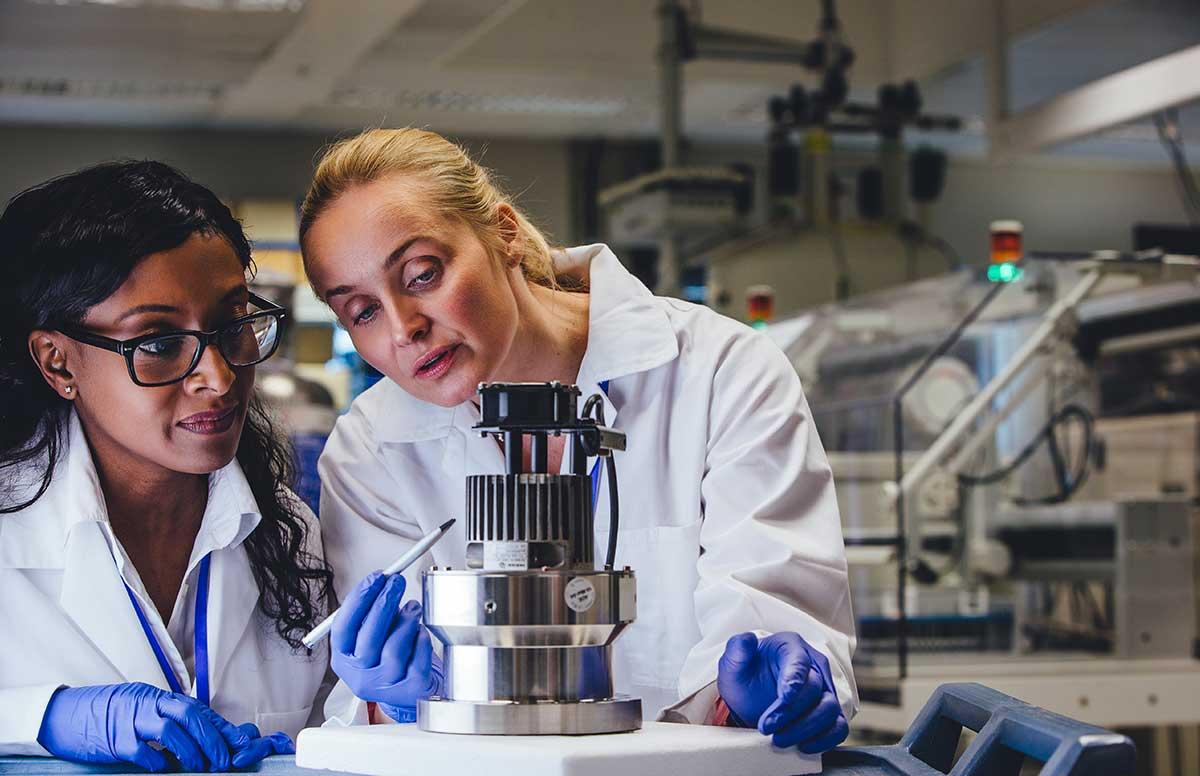According to a new study by the Pugatch Consilium, incentives through the intellectual property system are working to drive discovery of powerful new treatments and cures for patients suffering from a wide range of diseases across Europe and around the world. For example, the study found market exclusivity for orphan drugs has resulted in a dramatic increase in available treatments for rare diseases. Thanks to these incentives:
- European regulators have approved more than 100 medicines for rare diseases, with many others in the pipeline.
- Between 2005 and 2015, the number of orphan drug clinical trials in Europe increased by 84 percent.
The progress doesn’t stop there. Effective intellectual property protection in Europe and elsewhere has accelerated innovation and enabled access to new medicines that are delivering significant value to patients and national health systems worldwide. New treatments have contributed to sharp declines in global cancer mortality rates. An estimated 83 percent of those survival gains can be attributed to innovative therapies.
Breakthrough medicines are transforming the way we treat challenging chronic conditions like cardiovascular disease, diabetes and rheumatoid arthritis. Thanks to biopharmaceutical advances, death rates from non-communicable diseases like these declined by nearly 20 percent between 2000 and 2012. With more than 7,000 medicines currently in development in Europe and around the world, the future holds even more promise.
But hasty action in Brussels could put future gains for patients at risk. And there’s plenty at stake for economies and workers, too. While Europe debates the value of pharmaceutical incentives and rewards, China and other countries in Asia are making – and benefitting from –significant improvements to their intellectual property rules that protect and provide incentives for investment in new medicines.
For example, the Pugatch Consilium study found that intellectual property reforms in Singapore are associated with a dramatic increase in life sciences investment and output. Between 2000 and 2008, biopharmaceutical investment in Singapore increased ten-fold. During the same period, the value of medicines manufacturing output grew four-fold – transforming Singapore into a global research, development hub for new treatments. Europe can’t afford to fall behind.
Brussels should be looking at ways to expand and improve incentives. Given past results for patients and economies and potential gains on the horizon, the choice seems clear.


